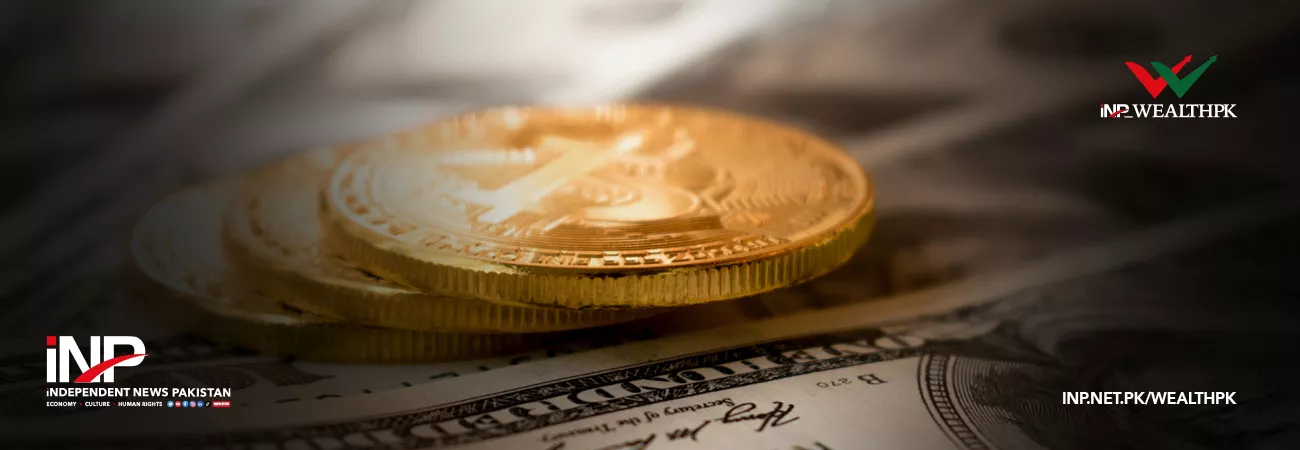INP-WealthPk
Muneebur Rehman
Rapid fluctuations in the exchange rate are negatively affecting the growth potential of Pakistan through reduced capital inflow and low domestic investment, says a renowned monetary policy expert. Dr Eatzaz Ahmed, ex-vice chancellor of Quaid-i-Azam University, said while talking to WealthPK that greater volatility in exchange rate leads to a loss in business confidence. “Investors find it difficult to evaluate their cost when the exchange rate does not show any signs of predictability,” he pointed out.
“Foreign direct investment (FDI) is a major tool for developing countries to enhance the transfer of technology. In the presence of unpredictable exchange rate regime, ‘wait and postpone’ behaviour is usually adopted by the potential investors,” he added. Dr Eatzaz said the economy of Pakistan is largely import-driven, i.e., the growth depends too much on imports. He said exchange rate variation causes stress in the trade sector leading to stagnated growth.
The exchange rate of Pakistan has witnessed large variations when compared with other countries. “Private investment has a substantial share in our gross domestic product (GDP) growth rate. When the exchange rate is seen to have unpredictable behaviour, it gives a negative signal of uncertainty in the domestic market,” Dr Eatzaz said. “Trade flows are the most affected variables that bear the negative implications of volatile exchange rate,” he asserted.
He said traders engaged in cross-border transactions face hurdles in dispensing international transactions in such a situation. “Exchange rate volatility also creates bottlenecks for exports,” he added. Dr Eatzaz said reducing the wild swings in the exchange rate is the primary step to put the economy on the trajectory of sustained growth rate. Domestic performance of the economy is very sensitive to exchange rate. Pakistan needs to adopt targeted policies in order to reduce irregular fluctuations in exchange rate to stabilise the economy.
Credit: Independent News Pakistan-WealthPk




